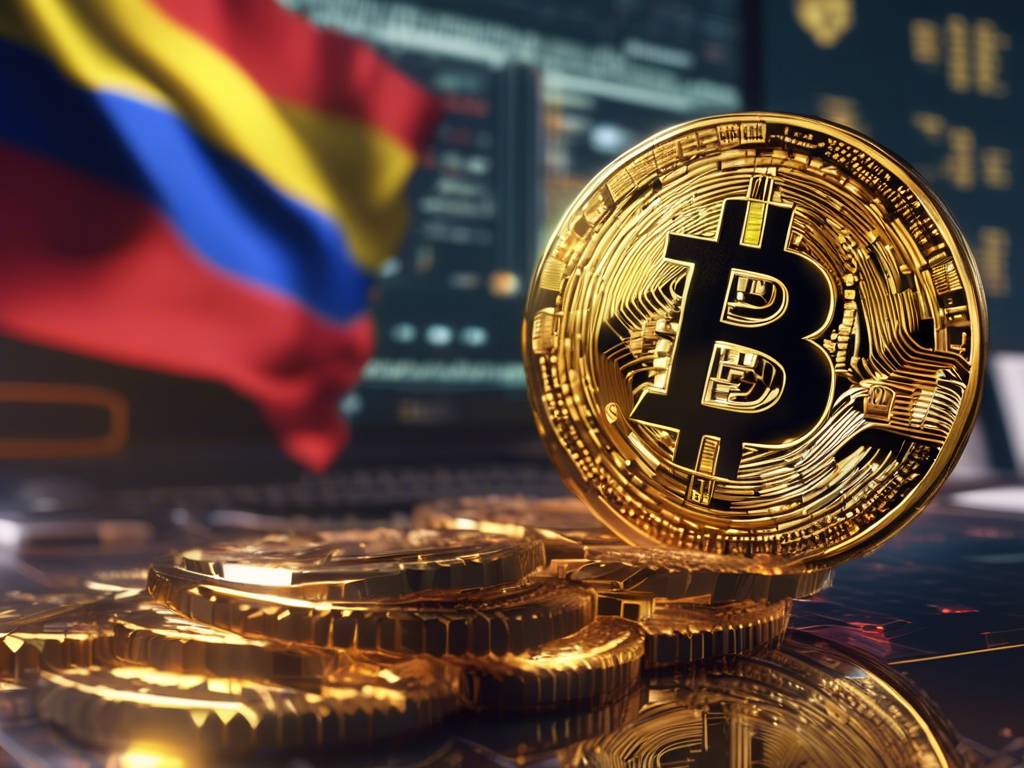Venezuela Accelerating Use of USDT to Bypass Sanctions
Venezuela’s state-owned oil and gas company PDVSA is planning to ramp up its utilization of cryptocurrencies, specifically USDT, to navigate around US sanctions. The company has begun incorporating USDT for oil sales and has implemented a new policy necessitating new clients to possess a digital wallet holding cryptocurrency.
Venezuela Embracing USDT for Oil Exports
According to a report by Reuters, PDVSA is looking to expedite the use of USDT for crude and fuel exports following the United States’ decision not to renew a general license that temporarily eased sanctions on Venezuela’s oil and gas sector. The general license, issued in October, led to a spike in Venezuela’s oil export to 900,000 barrels per day in March, marking its highest export in four years.
- The US refused to renew a general license that eased sanctions on Venezuela’s oil and gas sector
- The absence of a renewed license means PDVSA customers must wind down transactions by May 31
- Venezuela wants to boost USDT usage to prevent profits from getting frozen in foreign bank accounts
Cryptocurrency Coming to Venezuela’s Aid
While using crypto for oil and gas transactions is uncommon due to the dominance of the US dollar in the global market, Venezuela sees it as a solution to bypass sanctions. The reliance on intermediaries for crypto transactions may help the country circumvent sanctions but could lead to reduced oil proceeds.
- Using USDT requires intermediaries as transactions in the oil sector do not comply with typical trade processes
- Venezuela previously introduced the Petro cryptocurrency in 2018 to evade sanctions but faced challenges
- The Petro cryptocurrency was discontinued in January 2024 due to limited adoption and critiques
Venezuela Expands Crypto Adoption
PDVSA’s shift towards using USDT for oil transactions signals a significant move towards embracing cryptocurrencies in a country grappling with economic challenges and sanctions. By requiring new customers to hold crypto wallets, Venezuela aims to ensure smoother transactions and prevent potential restrictions on its oil sales.
The Future of Crypto in Venezuela
As Venezuela continues to navigate the complexities of international sanctions, the use of cryptocurrencies like USDT presents a potential lifeline for the country’s economy. Despite challenges and criticisms surrounding previous attempts like the Petro cryptocurrency, Venezuela’s reliance on crypto for oil exports underscores its commitment to finding innovative solutions to financial constraints.
Emerging Trends in Crypto and International Trade
The intersection of cryptocurrencies and global trade, particularly in sectors like oil and gas, highlights the evolving landscape of finance and economic policies. As more countries explore the use of digital assets to bypass traditional banking systems and sanctions, the crypto industry could witness further integration into mainstream economic activities.
Hot Take: Harnessing Crypto for Economic Resilience
By accelerating the adoption of USDT for oil transactions, Venezuela is demonstrating a strategic shift towards embracing cryptocurrencies to overcome economic challenges posed by sanctions. As the country integrates digital assets into its financial practices, it paves the way for greater financial resilience and flexibility in a rapidly changing economic environment.





 By
By
 By
By

 By
By
